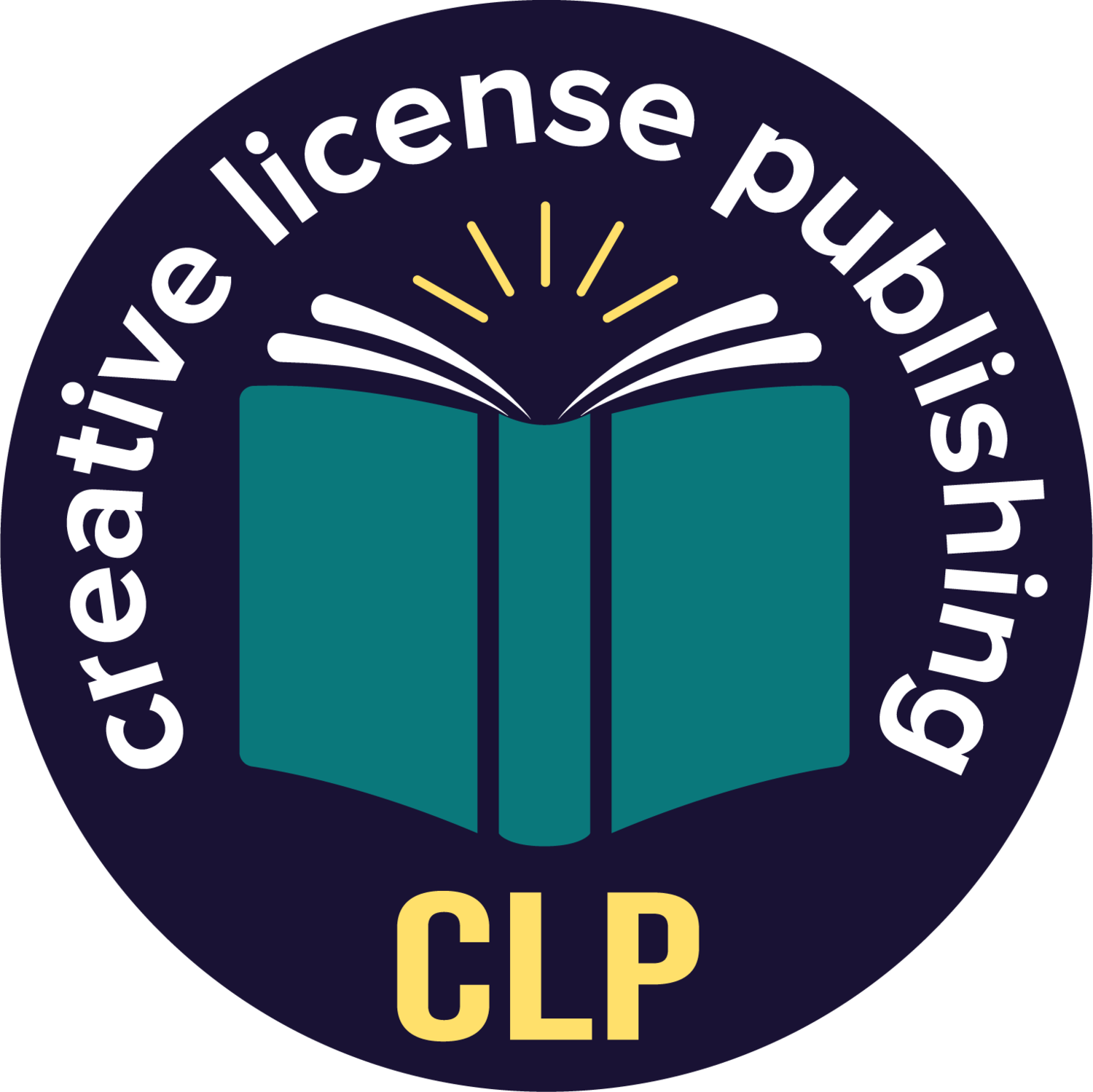Literary Ease
Understand the line between lying and exaggeration to entertain the reader, when crafting your non-fiction book.
Even if you aren’t a true crime junkie like me, you would have to be living under a rock not to have heard about the Murdaugh trial in South Carolina. For those rock dwellers, here’s a brief overview: A prominent attorney, Richard Alexander Murdaugh, was on trial for the murder of his wife and child in the low country. After a grueling trial, he was found guilty and sentenced to life in prison. Justice served, in my opinion – I watched the entire trial. Until there were allegations, the clerk of court, Rebecca Hill, committed potential acts that fell along the lines of jury tampering.
When both sides returned to court to weed through the issue and determine if a new trial was justified, this grandmotherly-looking clerk of court, Miss Becky, as she’s called, took the stand, and the defense had a field day with her. In addition to witnesses testifying that her motives to write a book about the trial were for monetary gain, she made statements in the book that the defense claims were lies. When asked to justify her statements, this quiet, seemingly demure Southern woman got flustered and explained she used “poetic license” while drafting the book. She had made some embellishments at best or downright lied for a better read at worst. So, for those crafting memoirs or a nonfiction story, I thought I would dive into the proverbial line between lying and exaggeration to entertain the reader.
Do you know the difference?
First, I want to address the four terms referred to during her testimony: untruth, exaggeration, inference, and poetic license. Why do I want to discuss these? As non-fiction writers, we can walk a fine line to get our point across, establish drama, enhance pace, or create a hook. But it can be easy to overlook if you don’t know where the line exists.
So, let’s start with the basic definitions:
· Untruth: It’s a lie! It’s not true.
· Exaggeration: to add to something to make it seem better or worse than the reality.
· Inference: reaching a conclusion based on what you know or believe.
· Poetic license: writing to enhance the read, not just sticking to the facts.
Exaggerations, inferences, and poetic license are allowed in writing, but they are only a problem when they become untruths or lies.
However, writing a must-read weighs heavily on how you deliver the story. So, to some extent, you should let your creative flag fly. You will get into trouble if your words make false statements, as Miss Becky has been accused of doing. Lying or misrepresenting the facts to captivate readers is unethical and has landed some authors in serious trouble.
Don’t believe me, look up Miss Becky’s story or the book by James Frey, A Million Little Pieces. Frey’s book was marketed as a memoir covering the author’s drug and alcohol addictions and, finally, through his recovery. In the end, after scoring an interview with Oprah and being placed on her book list, it came out that he crossed the line from poetic license to untruths. Both he and his publisher, Double-Day, were humiliated and had to publically change it from non-fiction to “based on a true story” or, as it should be known, fiction. So be mindful of how you deliver your story; you want to capture and keep the reader’s interest, but be truthful. Otherwise, your work is fiction and should be stated as such.
Happy writing!
Celeste
Thinking about, or in the process of writing a “must-read” and need some assistance? We can help! Please get in touch.
Our new memoir-writing workbook is now available! It’s a step-by-step guide to take your from inspiration, to publication. Get your copy now!


